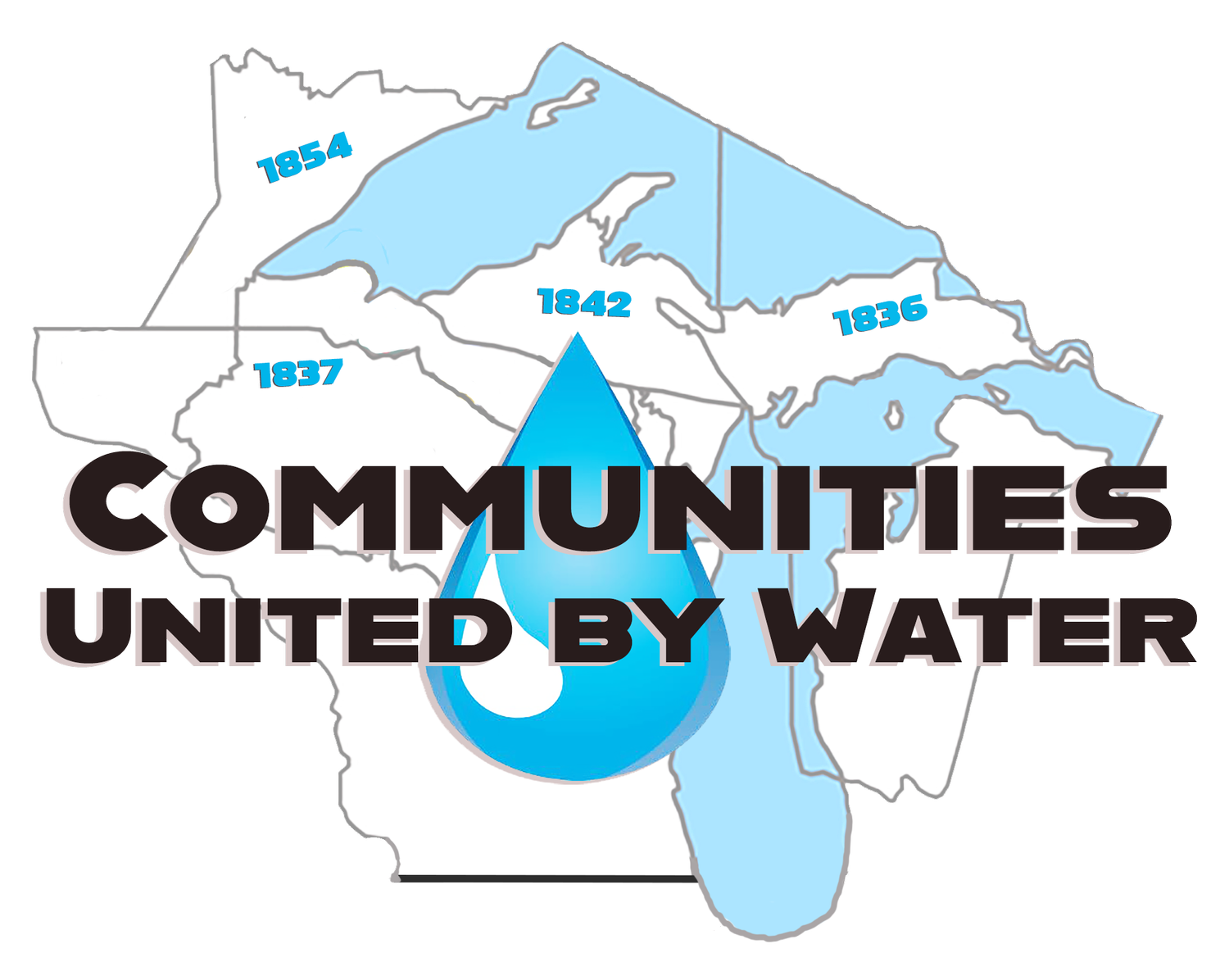EPA To Hold Public Engagement Sessions on Great Lakes Restoration Initiative
This summer, the U.S. Environmental Protection Agency and its federal partners are seeking public input as they develop an updated action plan for the Great Lakes Restoration Initiative (GLRI). EPA is hosting series of public-input sessions on Great Lakes restoration and protection priorities.
The GLRI is a multi-agency federal program that formed in 2010. Its purpose is to strategically target the biggest threats to the Great Lakes ecosystem and work toward long-term goals.
Crude oil pipelines are briefly mentioned in Lake Superior's 2020-2024 Lakewide Action Management Plan, and no specific pipelines or pipeline companies are named. This is an opportunity to urge the EPA and federal agencies to address the imminent threat of oil disasters in the Great Lakes from the Enbridge Line 5 pipeline.
Upcoming sessions:
SUPERIOR, WI — Wednesday, July 12, 6-8:00 p.m.
ROCHESTER, NY — Wednesday, July 19, 6-8:00 p.m.
MILWAUKEE, WI — Tuesday, July 25, 6-8:00 p.m.
DETROIT, MI — Tuesday, August 15, 6-8:00 p.m.
VIRTUAL — Wednesday, August 23, 5-7 pm (CDT)
Line 5 is currently at risk of oil catastrophes in multiple Great Lakes. This 70-year-old pipeline pumps up to 22 million gallons of oil each day along the floor of the Straits of Mackinac, threatening Lakes Michigan and Huron. A University of Michigan study predicts a rupture here could cover more than 700 miles of coastline in oil.
The pipeline is also at imminent risk of an oil disaster into the Bad River and Lake Superior in northern Wisconsin. The next storm could expose the pipeline to the river's current and rupture oil into the Bad River Band's vast wild rice beds, fisheries, Lake Superior and Madeline Island. View an Enbridge-provided oil spill model here.
EPA and its partners are seeking public input in developing Action Plan IV, which will cover 2025-2029:
How the plan can be improved over previous GLRI action plans?
What key priorities should be included in the plan?
How can the plan be improved to better incorporate environmental justice and the impacts of climate change?
At each session, EPA will provide a quick overview of the GLRI and the purpose of the action plan, and then give public participants an opportunity to directly interact with EPA staff and ask questions and provide comments.

